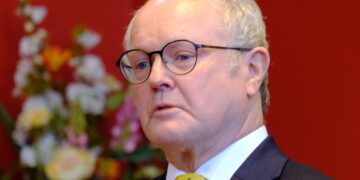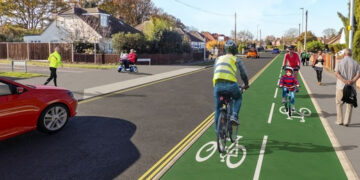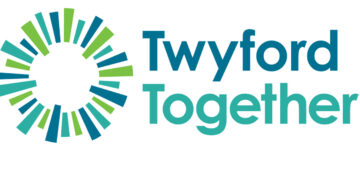In the 70th year of the NHS, Healthwatch is turning its attention to the future, asking the public some big questions about what they want health and care to look like.
From this wealth of insight and feedback it is clear that things are already changing rapidly in how health and social care services help us to live our lives: People’s health and care needs are very different to previous generations; People’s relationships with doctors, nurses and other health professionals are also changing; Technology is revolutionising the types of treatments available and how we interact with services, but also comes with some big practical and ethical questions.
Healthwatch England polled 2,000 people to find out more about what impact people think technology will have on the way the NHS operates in 20 to 30 years’ time.
Almost four out of five people (78% net likely) expect that technology monitoring people’s lifestyles will be common place and will be used to inform treatment options, with a fifth stating that they think it is very likely.
Two thirds (67% net likely) think it is likely to some extent that Artificial Intelligence will be used to diagnose conditions. Only 3% of people thought it was very unlikely.
Some people were more sceptical about the pace of change, with one in ten (12% net unlikely) stating that they think the NHS will still be using fax in three decades’ time.
Yet just because people think technology will be widely used, this doesn’t necessarily mean they are yet comfortable with the idea. For example, two thirds (70% net likely) think the use of robots in surgery will be commonplace but when given a simple choice: Two thirds (66%) said they would rather be treated by a human doctor who is more likely to make a mistake but offers compassion. One in three people (34%) said they would rather be treated by a robot doctor that rarely makes a mistake but lacks compassion.
I am excited by the possibilities that Artificial Intelligence brings. I was talking to Roger, Kemp, Healthwatch Champion, last week about how the use of an “Amazon Alexa” voice recognition virtual assistant had transformed an elderly gentleman’s life who was housebound.
National Director, Neil Tester, said: “The NHS has learnt the hard way that adopting new ideas and approaches without seeking people’s input ends up in costly delays in implementation, and often results in services that don’t quite meet people’s real life needs. This conversation is a chance for us all to make sure the NHS is on the right track.”
With change happening fast, it is more important than ever that you share your thoughts. Healthwatch, as independent consumer champion for health and care, encourages people to have their say.
Let Healthwatch know your views. Get in touch:
Phone 0118 418 1 418
Website www.healthwatchwokingham.co.uk
App Speak Up Wokingham (Free to download from Apple or Google Play)
E-Mail [email protected]
Facebook @healthwatchwokingham
Twitter @HWWokingham
Nicola Strudley, works two days a week as the manager for Healthwatch Wokingham Borough. Opinions expressed in this blog are her own















































